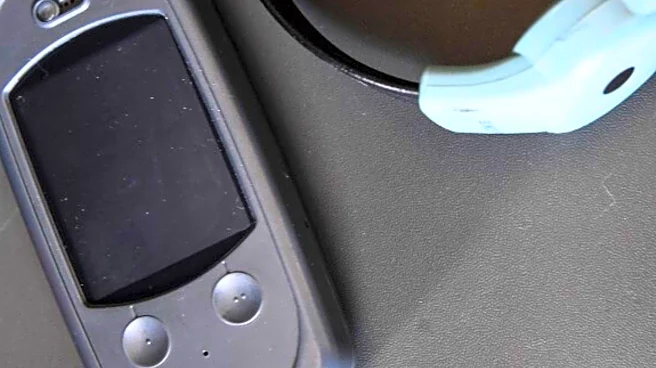What's Happening?
Despite being a 50-year-old treatment, levodopa, a crucial drug for Parkinson's disease, remains inaccessible to many patients worldwide. The drug, which is inexpensive and off-patent, is not widely available due to systemic and logistical challenges.
This issue highlights the need for a coordinated global response to ensure access to essential medications.
Why It's Important?
The lack of access to levodopa for Parkinson's patients underscores broader issues in global healthcare, particularly in low- and middle-income countries. Ensuring access to essential medications like levodopa could significantly improve the quality of life for millions of patients, reducing disability and healthcare costs. This situation calls for international collaboration to address systemic barriers and improve drug distribution.
What's Next?
Efforts to improve access to levodopa will require coordinated action from governments, NGOs, and the pharmaceutical industry. Developing reliable supply chains and ensuring affordable pricing are critical steps. Advocacy and policy changes will be necessary to prioritize Parkinson's treatment on the global health agenda.















